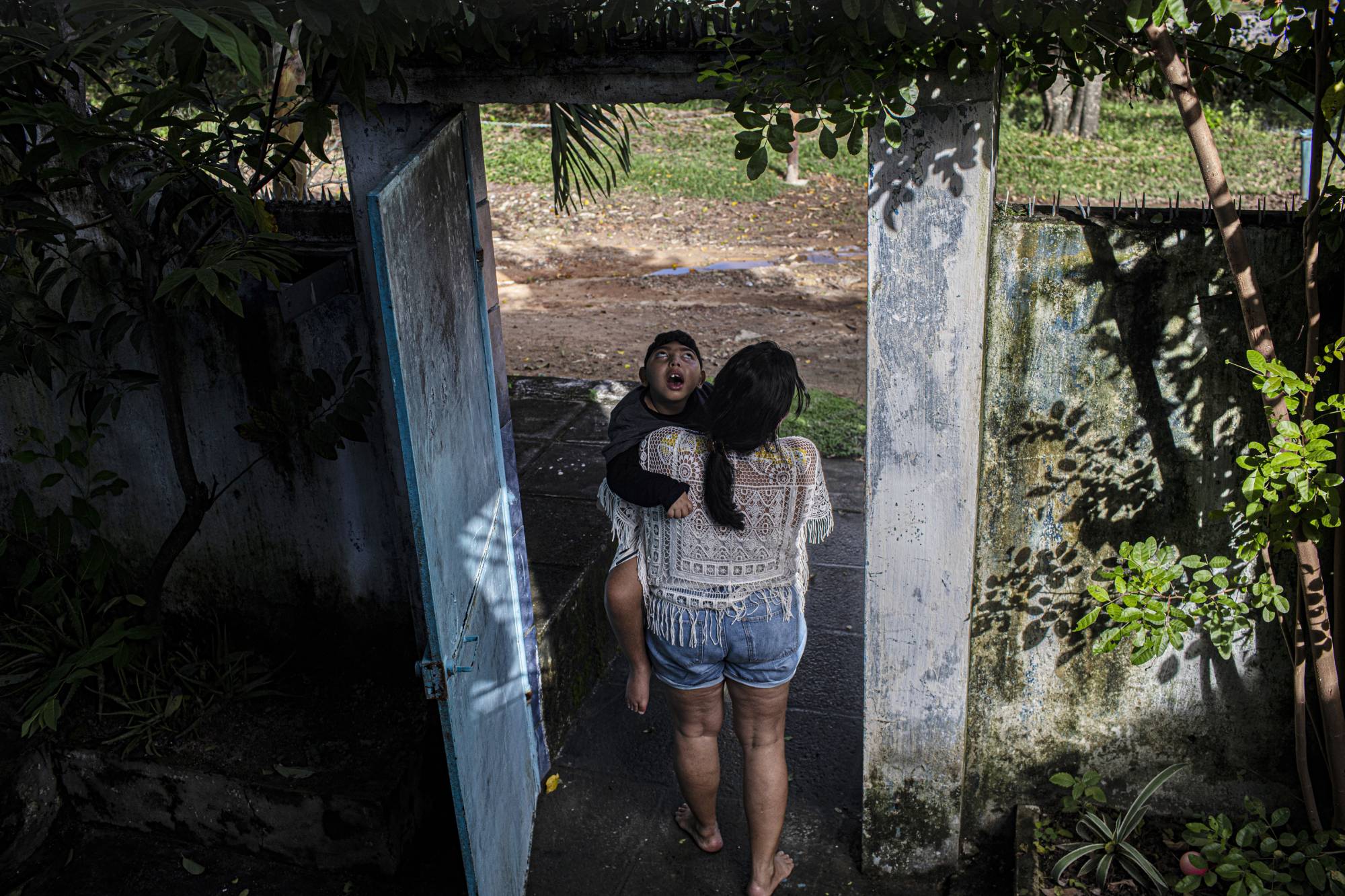A procession of mothers pushed children in bulky wheelchairs down a long corridor at a health center in this northeastern Brazilian city, passing patients who glanced at the children, looked away, then looked back, quickly and uneasily.
The children were smartly turned out in Disney T-shirts, striped socks, plastic sandals. Girls had ponytails tied with big bows; many wore brightly colored glasses. And all were profoundly disabled, their limbs rigid, their mouths slack, many with foreheads that sloped sharply back above their dark eyes.
Most Brazilians know as soon as they see them: These are Zika babies, whose mothers were infected with the virus while pregnant during a virulent outbreak of the mosquito-borne illness in 2015 and 2016. The chief signifier at birth was microcephaly, unusually small heads that hinted at the devastating brain damage the virus caused while they were still in utero.


















With your current subscription plan you can comment on stories. However, before writing your first comment, please create a display name in the Profile section of your subscriber account page.